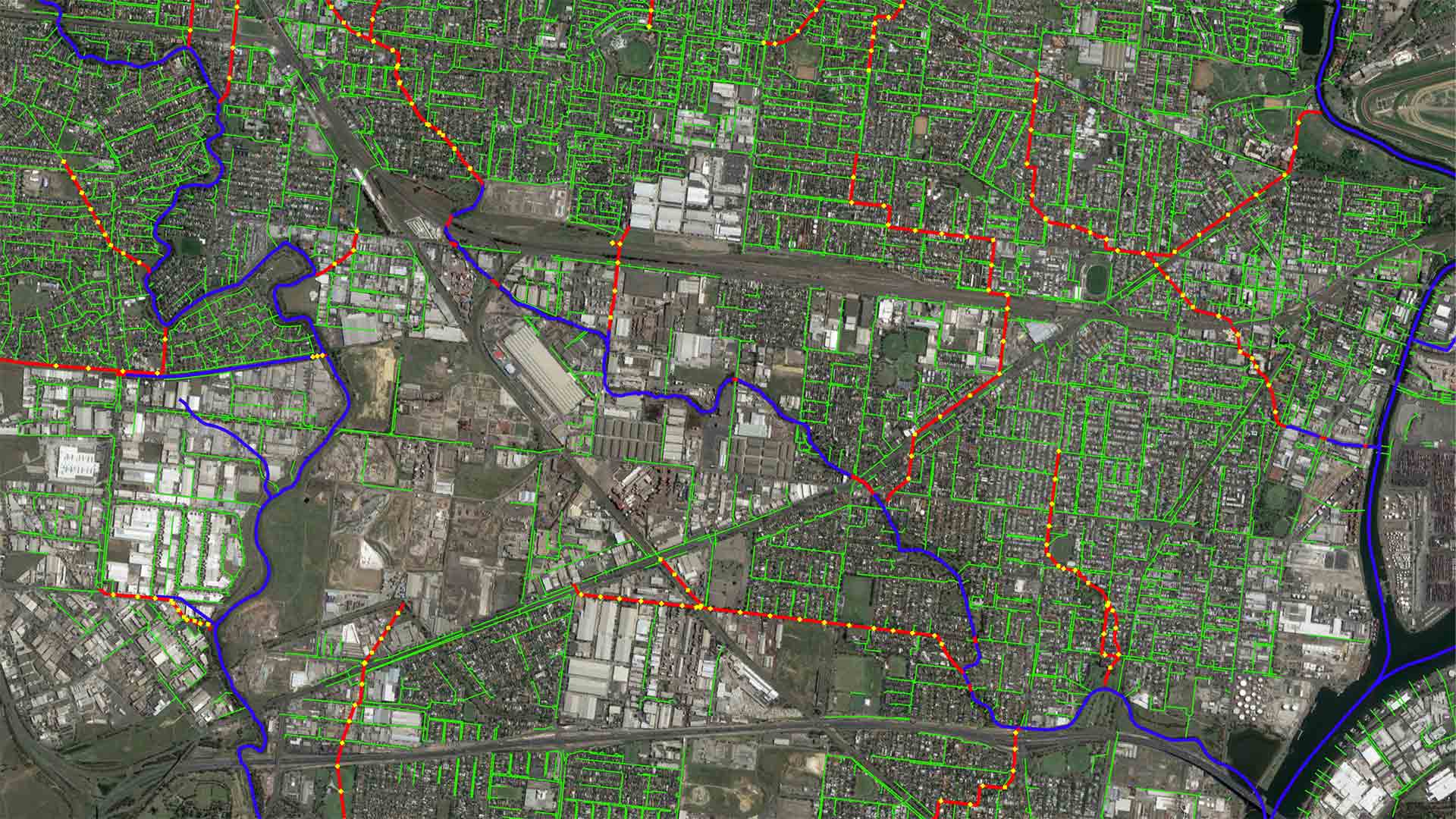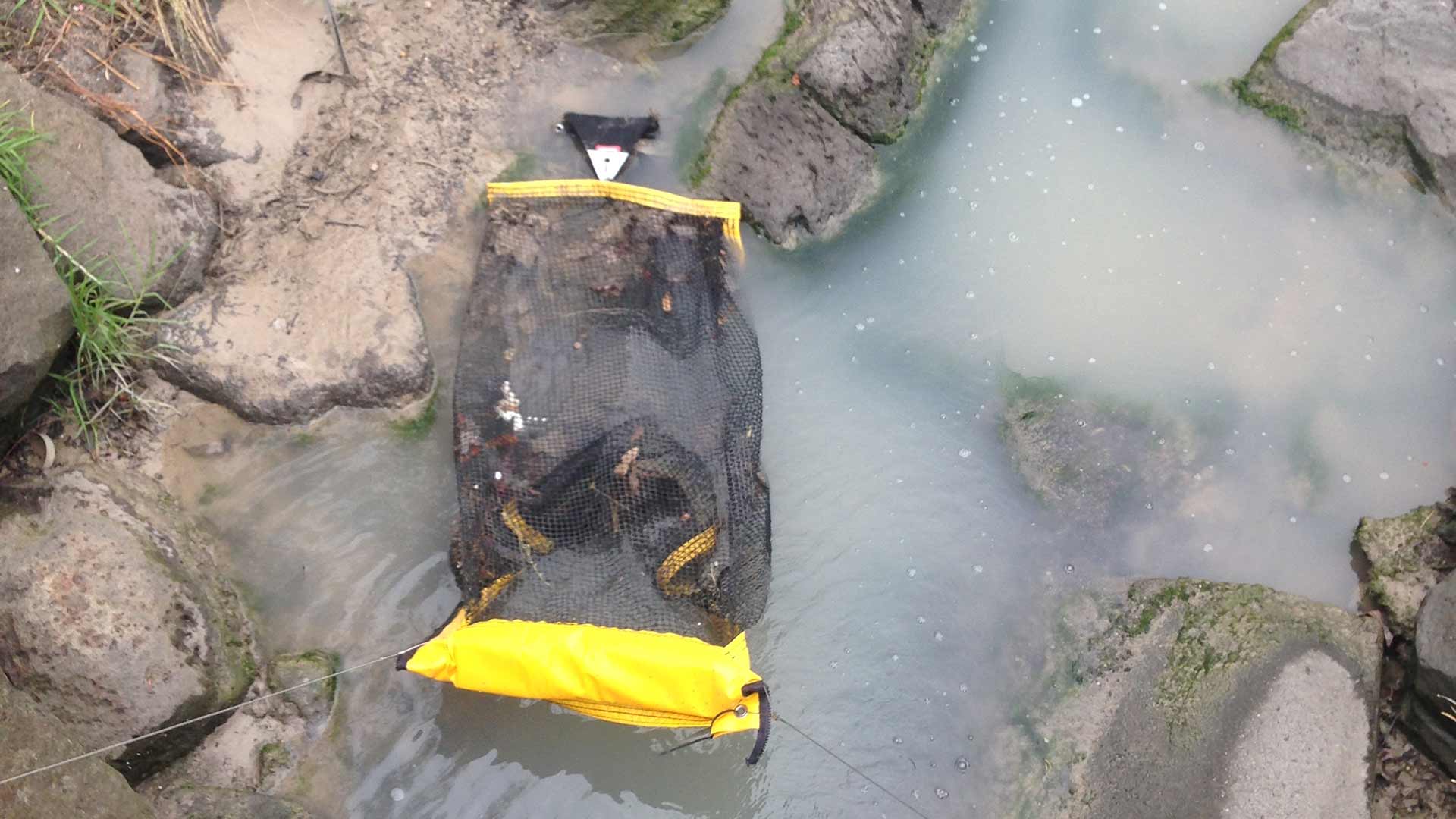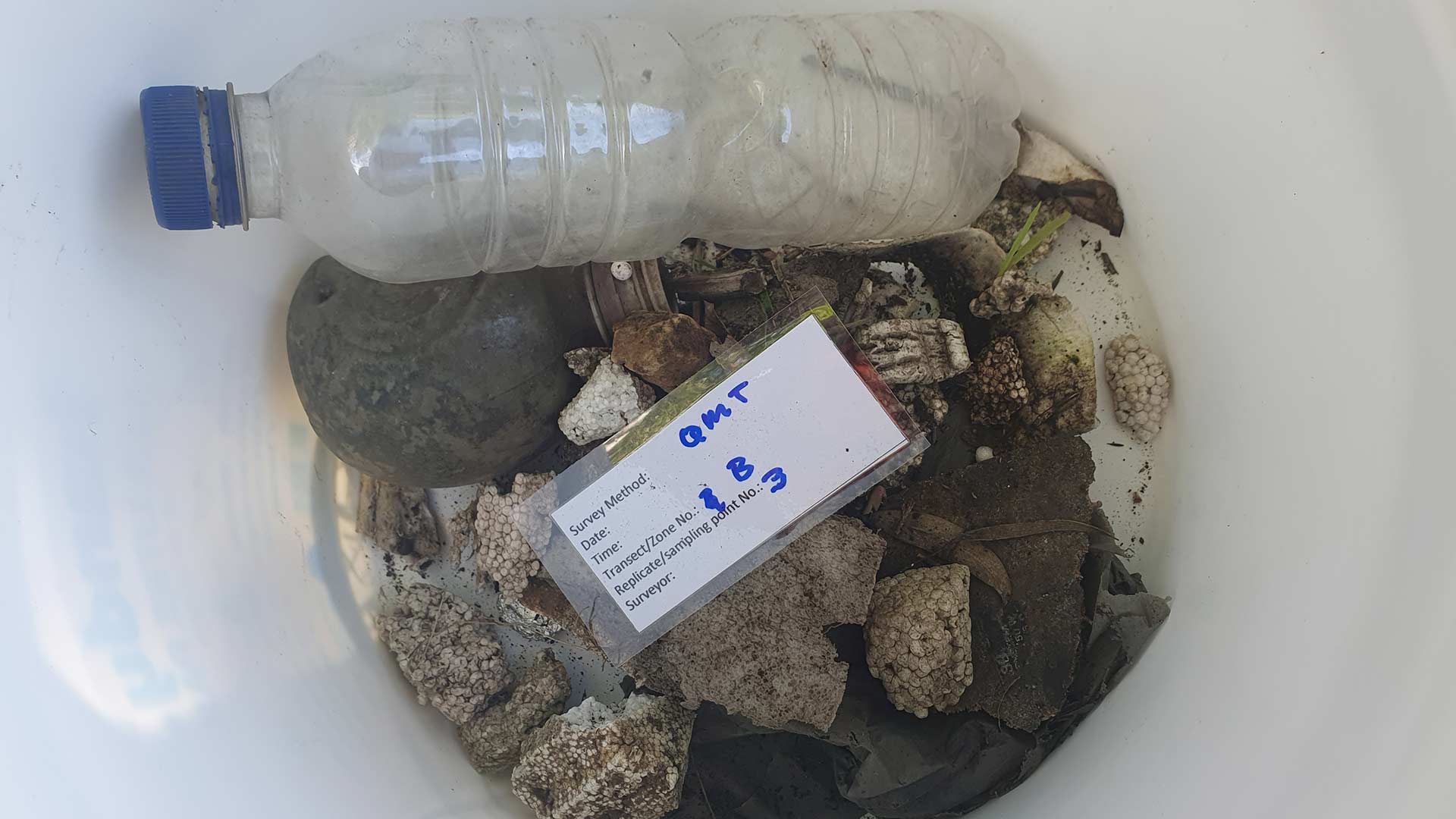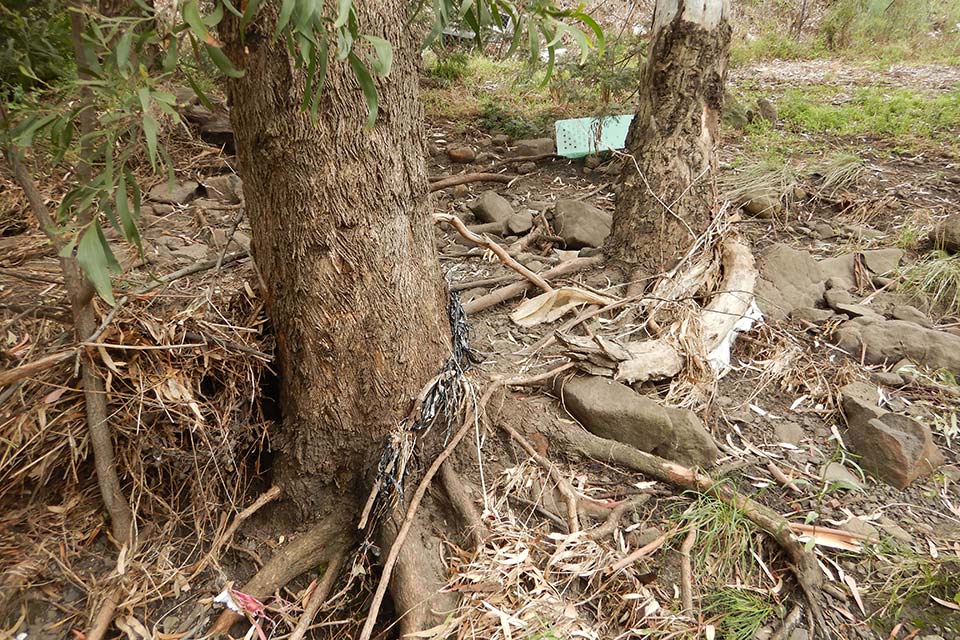Background
In 2018, following significant environmental damage to Stony Creek as a consequence of a warehouse fire, a Stony Creek Rehabilitation Plan was developed. Litter was identified by the community as a key priority for improvement within the plan. This project assesses litter within the Stony Creek catchment to enable prioritisation of litter management actions.



Key Points
- A desktop review of litter hot spots was carried out. Stony Creek Litter Hot Spot Review.
- Strong community engagement with feedback on the review and involvement with litter survey and management occurred. Tackling Litter in the Stony Creek catchment webinar.
- Surveys of banks and drains to determine sources and types of litter to Stony Creek catchment were developed. Litter Survey methods for Stream Banks.
- These litter assessment techniques are currently being trialled and incorporated, to be used across the Melbourne Water business and by community.
- Results have been used in a litter source reduction plan to prioritise solutions to manage litter in Stony Creek. Stony Creek Litter Investigation and management prioritisation.
- A community workshop is planned for early 2023
For more information on the project please contact Jackie.Myers@rmit.edu.au or Monica.Tewman@rmit.edu.au
Completed: 2022
#Stony Creek #Stony Creek Rehabilitation Plan #litter #litter framework

Litter Survey Methods for Stream banks
These Litter Survey Methods have been designed to provide comparable litter survey data across sites and catchments to enable prioritisation of litter management actions. Protocol uses litter categories compatible with the DEECA LitterWatch Victoria database.
While created for Melbourne Water, these methods are available for all, to allow data comparability across organisations and community groups.
An instructional video and both Quantitative and Qualitative survey methods are available:



